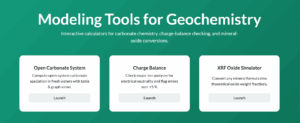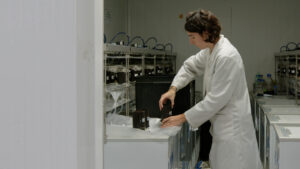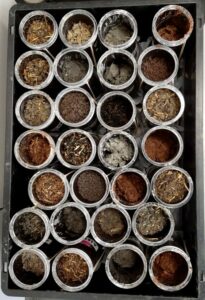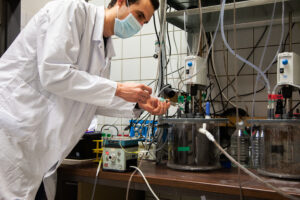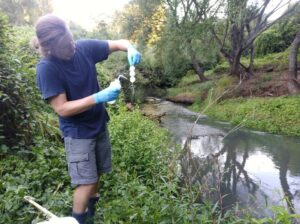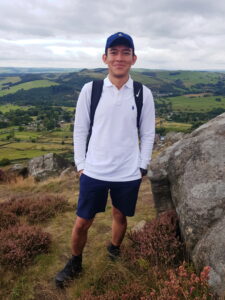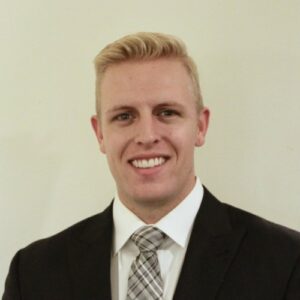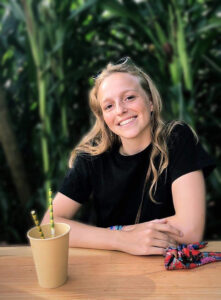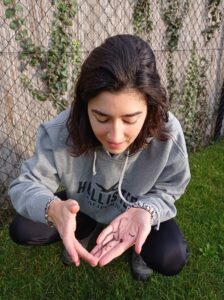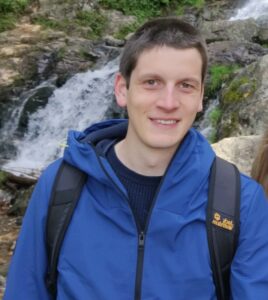News
New tool for the Enhanced Rock Weathering community
We are excited to introduce a new tool for the Enhanced Rock Weathering community: an online platform that allows users to access PHREEQC directly from their browsers. Developed as a quick-check resource for verifying the reliability of measurements, this website eliminates the need for scripting or coding experience, making geochemical modeling more accessible than ever. Whether, validating experimental data, or modeling geochemical scenarios, this tool simplifies the process, enabling...
The batch experiments: The Movies
Join us behind the scenes as we unravel the mysteries of the batch experiments. Watch the videos to gain a deeper understanding of the design and construction processes! To learn more about the innovative research, access the full article on JoVE: Design and Construction of an Experimental Setup to Enhance Mineral Weathering through the Activity of Soil Organisms...
Unlocking carbon sequestration potential with soil biota
Our recent study in the Journal of Visualized Experiments (JoVE) introduces a novel approach to enhance CO2 sequestration using soil biota. By harnessing the natural processes driven by soil organisms, researchers aim to boost mineralization and increase carbon storage in terrestrial ecosystems. Key Points: Enhanced Mineralization: Soil biota accelerate the conversion of organic carbon into stable mineral compounds, offering a sustainable solution for long-term carbon sequestration. Role of...
Presenting Michiel Van Tendeloo
Michiel Van Tendeloo is a postdoctoral researcher at University of Antwerp, working with prof. Siegfried Vlaeminck. His skills cover advanced bioreactor design, monitoring biological processes, and pilot-scale reactor operation. Michiel will focus on the bioreactor development and operation, and will furthermore assist the other PhD and postdoc collaborators in solving their research questions. Michiel graduated as BSc in Bioscience Engineering at the University of Antwerp (Belgium) and MSc...
Presenting Thomas Corbett
Thomas Corbett is a postdoc based at Uppsala University, where he is working with Anna Neubeck and Anna Rosling. Thomas will focus on enhancing the microbial weathering rates of silicate minerals. Thomas will also investigate the microbial mechanisms and processes, working with the reactor development team. Originally from New Zealand, he studied a BA/BSc (chemistry, political studies, and philosophy) and BSc Honours (chemistry) at The University of Auckland. Afterwards, he completed his...
Presenting RP Poetra
RP 'Aldy' Poetra is a PhD student at University of Hamburg, in the Jens Hartmann research team at the Institute for Geology. Aldy will specifically focus on the growth of amorphous silica layers around the minerals, and how this affects the rate of mineral weathering. Aldy will also address the physico-chemistry of the weathering reactions, with specific focus on defining optimal physico-chemical conditions for the reactor development. Previously, Aldy studied his master’s degree in...
Presenting Grant Loescher
Grant Loescher will perform his BAM! PhD study hosted at the University of Hamburg, under the supervision of Jens Hartmann. He will focus on organic-inorganic interactions in weathering experiments, and how they affect the rate of weathering. It is expected that binding metal cations with organics will speed the overall rate of silicate dissolution. These processes will have implications for the weathering rate in both batch experiments and reactor experiments. Grant has moved into Europe...
Presenting Iris Janssens
Iris Janssens is a PhD fellow at the IDlab research group of the University of Antwerp and IMEC, supervised by Tim Verdonck and Steven Latré. Iris will deal with the complex data challenges of BAM!, resulting from the wide range of combinations in the batch and reactor experiments. Iris will develop and implement an AI-based machine learning analysis. The aim is to rapidly identify which conditions favor weathering rates and carbon sequestration. The key is identifying causal relations,...
Presenting Tullia Calogiuri
Tullia Calogiuri will be hosted at Wageningen University & Research, where she will work under the guidance of Jan Willem van Groenigen, Mathilde Hagens and Alix Vidal. Tullia will focus on the role of earthworms: under which conditions will they have the strongest stimulating effect on silicates weathering? On top, Tullia will investigate the potential of the bio-reactor end-product as a fertiliser and to enrich agri-soil carbon sequestration. Originally from Italy, and with a passion...
Presenting Steven Mortier
Steven Mortier has been a PhD Researcher based in the IDLab research group, a cooperation between the University of Antwerp and IMEC, since October 2020. He is supervised by Tim Verdonck and Steven Latré. Together with Iris Janssens, Steven is responsible for the artificial intelligence part of the project. He will be working on both exploratory analysis as well as predictive models, with the ultimate goal of finding the set of parameters that maximizes reactor performance. For this...

